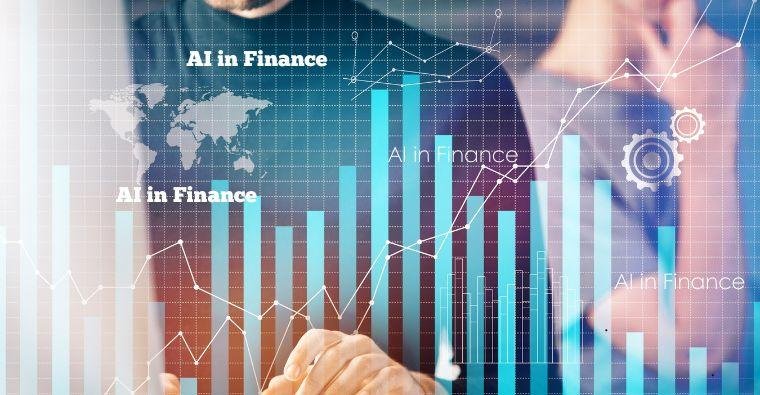Artificial Intelligence (AI) is revolutionizing the financial sector, driving efficiency, security, and innovation across banking, trading, and risk management. From fraud detection to algorithmic trading, AI-powered solutions are reshaping how financial institutions operate and make decisions.
In this blog, we’ll explore how AI is transforming the finance industry, improving customer experiences, optimizing trading strategies, and mitigating financial risks.
1. AI in Banking: Enhancing Customer Experience & Security
Chatbots & Virtual Assistants
AI-powered chatbots like Bank of America's Erica and Capital One's Eno provide 24/7 customer support, helping users check balances, pay bills, and receive personalized financial advice.
Fraud Detection & Prevention
AI analyzes transactional data in real-time to detect unusual patterns and flag potential fraudulent activities. Machine learning algorithms continuously learn from new threats, improving security measures.
Automated Loan & Credit Approvals
AI streamlines the loan approval process by assessing creditworthiness through alternative data, such as spending behavior and transaction history, enabling faster and more accurate lending decisions.
2. AI in Trading: Optimizing Market Strategies
Algorithmic Trading & Predictive Analytics
AI-driven trading systems use historical data, news sentiment analysis, and market trends to execute trades at optimal times, minimizing risks and maximizing profits.
High-Frequency Trading (HFT)
AI enables lightning-fast trading decisions, executing thousands of transactions per second based on real-time market data, giving firms a competitive edge.
Sentiment Analysis for Market Trends
AI analyzes financial news, social media, and company reports to gauge market sentiment and predict stock movements, helping traders make informed investment decisions.
3. AI in Risk Management: Reducing Financial Uncertainty
Real-Time Risk Analysis
AI continuously monitors market conditions, economic indicators, and client portfolios to assess risks and suggest mitigation strategies.
Regulatory Compliance & Anti-Money Laundering (AML)
AI automates compliance checks, ensuring financial institutions adhere to regulatory requirements by detecting suspicious transactions and reducing human errors.
Stress Testing & Scenario Analysis
Financial institutions use AI to simulate various economic scenarios, identifying potential risks and preparing for market fluctuations.
AI is reshaping the financial landscape, enhancing efficiency, security, and decision-making across banking, trading, and risk management. As AI continues to evolve, financial institutions that embrace its capabilities will gain a competitive advantage and ensure long-term success.
How do you see AI shaping the future of finance? Share your thoughts in the comments below!




